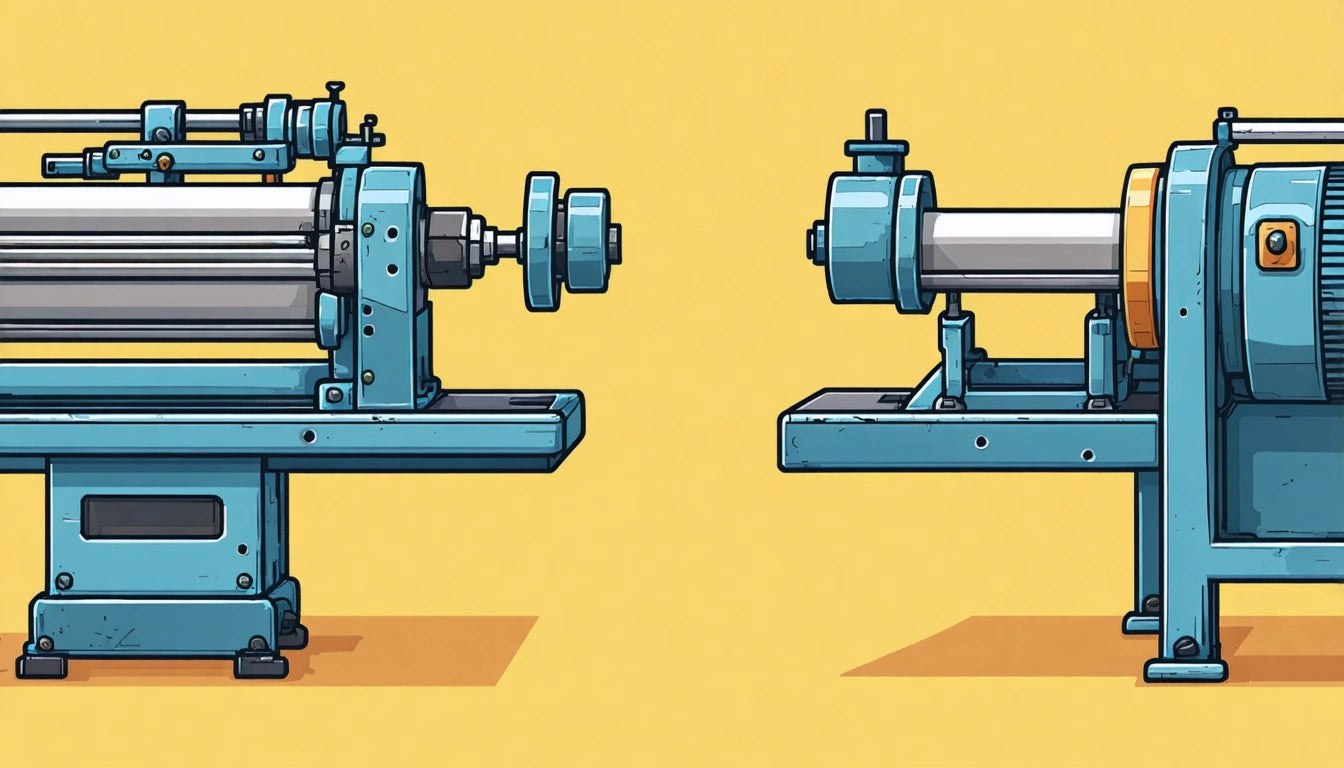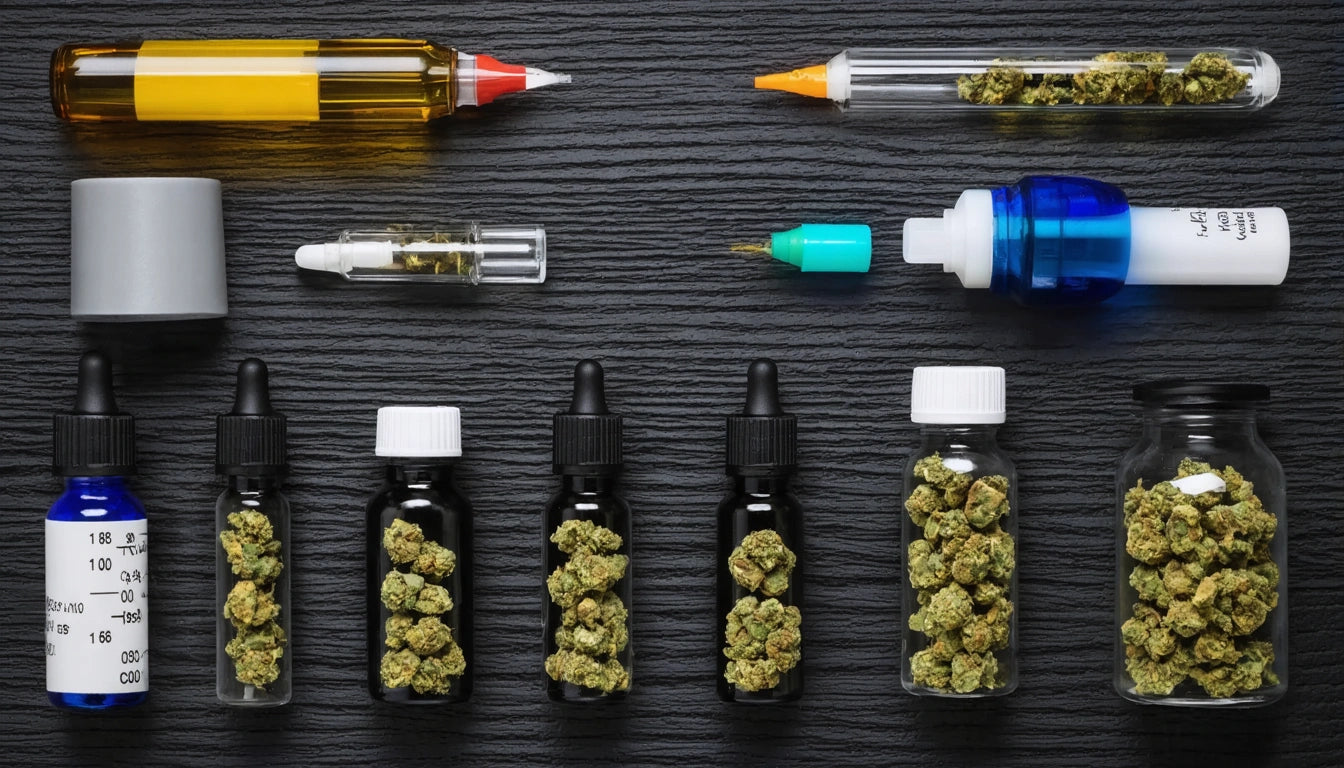Table of Contents
- Current Status of Cannabis in Wisconsin
- Wisconsin's Limited Medical Cannabis Program
- Are Edibles Legal in Wisconsin?
- Recent Legalization Efforts in Wisconsin
- Public Opinion and Political Landscape
- Impact of Neighboring States' Legalization
- When Will Wisconsin Legalize Weed?
- Wisconsin's Cannabis Future: Opportunities and Challenges
The Future of Marijuana Legalization in Wisconsin: What to Expect
Wisconsin stands at a crossroads regarding cannabis policy. While neighboring states like Illinois, Michigan, and most recently Minnesota have embraced recreational marijuana, Wisconsin maintains some of the Midwest's strictest cannabis laws. This comprehensive analysis explores the current landscape, potential timeline, and factors influencing when Wisconsin might legalize recreational or expand medical marijuana access.
Current Status of Cannabis in Wisconsin
Wisconsin currently maintains relatively strict cannabis laws compared to many states. Recreational marijuana remains illegal, with possession of any amount classified as a misdemeanor for first-time offenders, punishable by up to six months in jail and a $1,000 fine. Subsequent offenses can be charged as felonies with significantly harsher penalties.
Unlike the 38 states that have legalized medical marijuana in some form, Wisconsin has only a highly restricted CBD-only medical program. This limited approach has left many Wisconsinites wondering: will Wisconsin legalize weed in the near future?
Wisconsin's Limited Medical Cannabis Program
In 2014, Wisconsin passed a limited medical cannabis law called the "Lydia's Law," which allowed the use of CBD oil with minimal THC content for treating seizure disorders. In 2017, this was expanded slightly to permit CBD oil for any medical condition with a doctor's recommendation.
However, this program remains extremely limited compared to comprehensive medical marijuana programs in other states. Patients cannot legally access cannabis flower, and the program doesn't establish dispensaries or a regulatory framework for production and distribution.
Are Edibles Legal in Wisconsin?
The question "are edibles legal in Wisconsin?" has a nuanced answer. CBD edibles with less than 0.3% THC derived from hemp are legal under federal and state law following the 2018 Farm Bill. However, THC-containing edibles from marijuana remain illegal for recreational use.
Some businesses have begun selling delta-8 THC products, which exist in a legal gray area. While derived from hemp, these products produce psychoactive effects similar to traditional delta-9 THC. The legal status of these products remains contested and subject to potential regulatory changes.
For those interested in cannabis processing equipment for legal hemp or CBD operations, professional-grade grinding equipment can significantly improve production efficiency while ensuring consistent particle size for extraction or production.
Recent Legalization Efforts in Wisconsin
Multiple attempts to legalize both medical and recreational marijuana have been introduced in the Wisconsin legislature in recent years, though none have gained sufficient traction to pass. Democratic Governor Tony Evers has repeatedly included marijuana legalization proposals in his budget plans, only to see them removed by the Republican-controlled legislature.
In 2023, Republicans introduced a limited medical marijuana bill that would have created a tightly controlled medical program, but it failed to advance. This represented one of the first times key Republican lawmakers showed openness to any form of marijuana reform, potentially signaling a shift in the political landscape.
Public Opinion and Political Landscape
Public support for marijuana legalization in Wisconsin has grown substantially. A 2022 Marquette Law School poll found that 61% of Wisconsin voters support recreational marijuana legalization, with even higher support (83%) for medical marijuana.
Despite this public support, the political reality remains challenging. Wisconsin's legislature has a Republican majority that has historically opposed legalization efforts. However, as nationwide support for legalization grows, some Republican lawmakers have begun showing more openness to medical marijuana as a first step.
Impact of Neighboring States' Legalization
Wisconsin is increasingly surrounded by states with legal cannabis markets:
- Illinois: Fully legal recreational market since 2020
- Michigan: Recreational cannabis legal since 2018
- Minnesota: Legalized recreational use in 2023, with retail sales expected to begin in 2025
This regional trend creates both economic and practical pressures on Wisconsin. Tax revenue and jobs are flowing to neighboring states, while Wisconsin residents frequently cross state lines to purchase legal cannabis, creating a situation where Wisconsin experiences many of the social impacts without any of the economic benefits or regulatory control.
The success of Minnesota's recent legalization is particularly significant, as it demonstrates that even politically divided states can achieve cannabis reform, potentially providing a model for Wisconsin to follow.
When Will Wisconsin Legalize Weed?
The question of "when will weed be legal in Wisconsin" depends on several factors. Based on current political dynamics and regional trends, several potential timelines emerge:
- Short-term (1-2 years): Limited medical marijuana program is the most likely near-term development, though even this faces significant hurdles in the current legislature.
- Medium-term (3-5 years): More comprehensive medical marijuana program could be established, particularly if neighboring states continue to demonstrate positive outcomes from their legal markets.
- Long-term (5+ years): Full recreational legalization will likely require either a shift in Republican legislative positions or changes in legislative control.
The 2024 elections could significantly impact this timeline, potentially reshaping the legislature and creating new opportunities for cannabis reform legislation. If Wisconsin follows paths similar to other Midwestern states, medical legalization would likely precede recreational by several years.
Wisconsin's Cannabis Future: Opportunities and Challenges
When considering will pot be legal in Wisconsin, several factors will shape the state's cannabis future. Economic considerations may ultimately prove decisive. Wisconsin's strong agricultural sector provides natural advantages for cannabis cultivation, while its manufacturing expertise could support a robust processing and production industry.
However, challenges remain. Developing appropriate regulatory frameworks, addressing public health concerns, and ensuring social equity in any new cannabis industry will require careful planning and implementation.
For Wisconsin businesses and entrepreneurs interested in positioning themselves for potential legalization, staying informed about regulatory developments and building expertise in adjacent legal industries like hemp can provide valuable experience. As seen in other states, when legalization does occur, markets often develop rapidly, favoring those who have prepared in advance.
While the question of will Wisconsin legalize pot doesn't have a definitive answer, the combination of growing public support, regional pressure, and evolving political attitudes suggests that change is likely coming, even if the exact timeline remains uncertain.











Leave a comment
All comments are moderated before being published.
This site is protected by hCaptcha and the hCaptcha Privacy Policy and Terms of Service apply.